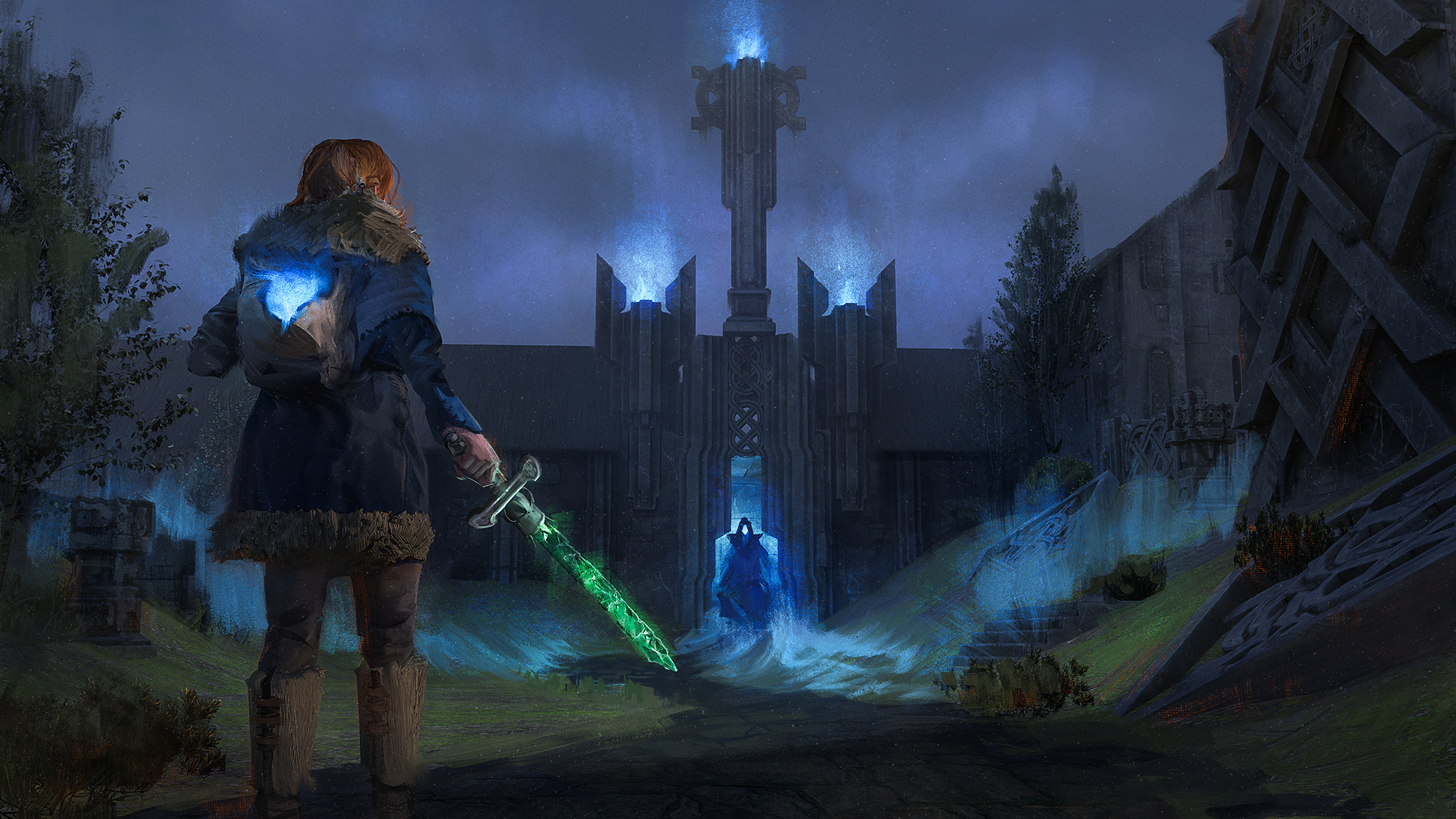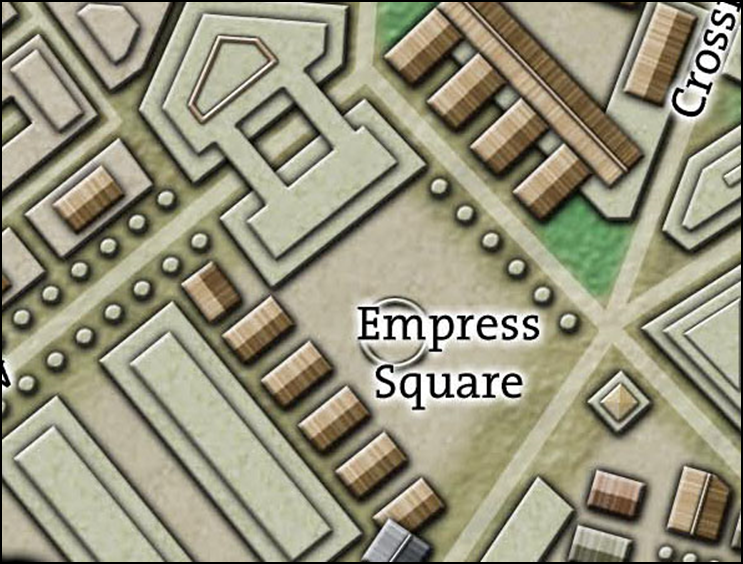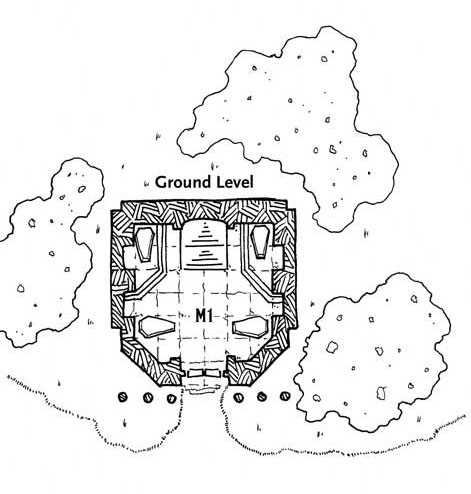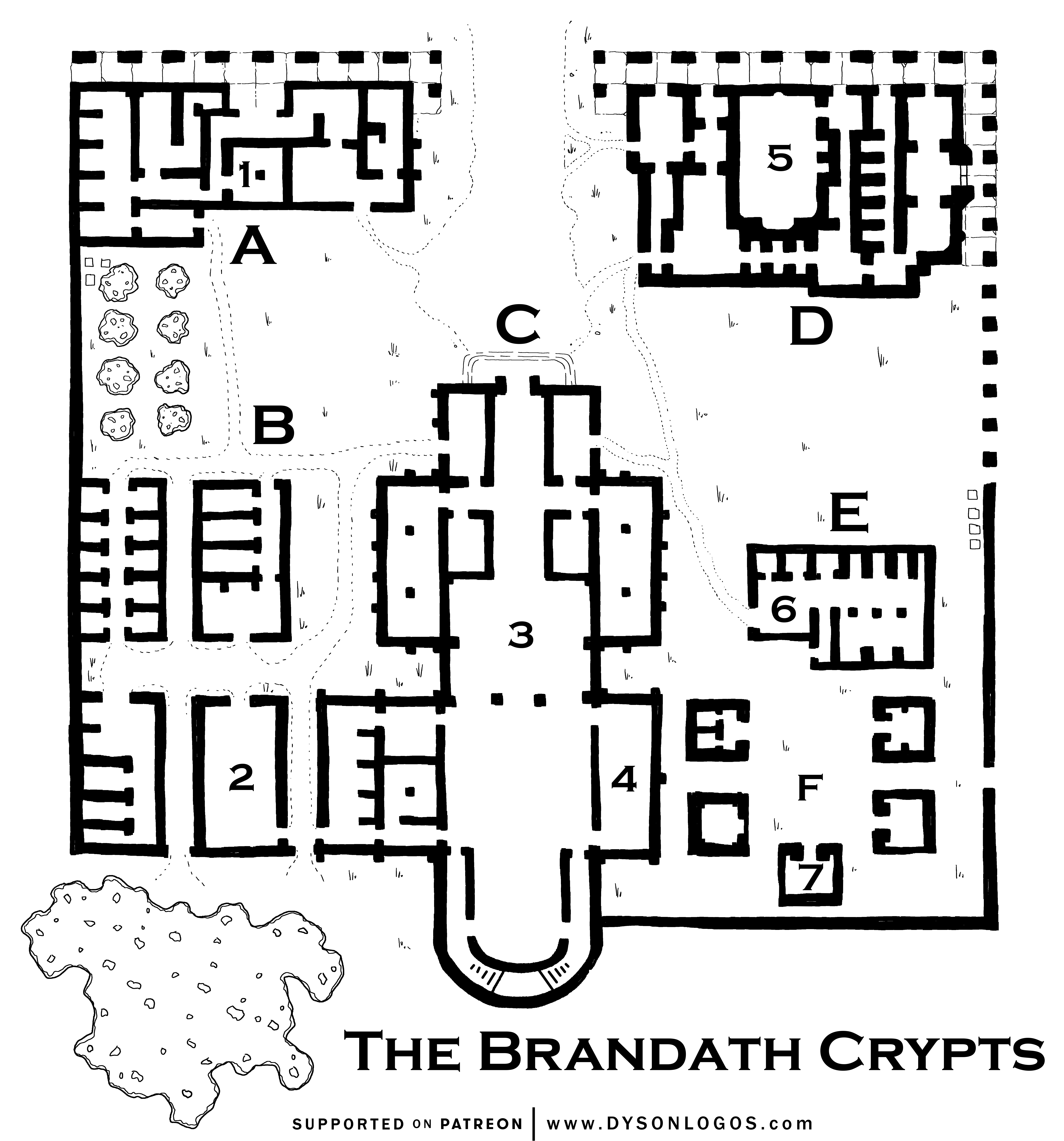DISCUSSING
In the Shadow of the Spire – Session 41A: Dominic’s Denunciation
“I would ask your help,” Agnarr said. He pulled the body of the boy out of his bag of holding. “Is there anything you can do?”
“Perhaps,” Aoska said, examining the boy. “The damage runs deep. It will take us time to find a cure, if one is possible at all. And we would need to keep this collar upon him, to preserve him in his current state of stasis.”
Agnarr readily agreed. “Send word.”
The iron collar used to preserve the horrifically transformed child in a state of gentle repose is, if I say so myself, a pretty cool magic item. The players loved it. The flavor was fun, the aesthetic was punk, and the utility was phenomenal (in both keeping them alive and conserving their healing resources).
I hadn’t actually expected it to be such a big hit when I added it to the Laboratory of the Beast, but I was equally delighted by its presence in the campaign.
So why take it away from them?
Precisely because it was important to them.
And also because saving the life of the boy was important to them.
Taking a step back, one of your fundamental goals as a GM is to get the players to care about the campaign. Almost everything else is built on top of that. If they don’t care, then nothing else matters. But if you can get them to care about something – literally anything – in the campaign, then you can use that to get them invested: Outcomes suddenly matter. Consequences have meaning. The stuff they experience at the table will stick with them and they’ll be champing at the bit to come back and play again.
Care often works like a circle: The easiest thing to get a player to care about is their own PC. They invested personal effort into making the character; it’s quite likely they were creatively engaged during character creation; and the more they play the character, the more time they’ve personally invested in it.
It’s also usually pretty easy to grow the circle a little bit and get the player to care about the other PCs in the group: They’re directly connected to real people that the player is spending time with and likely already cares about.
Expanding the circle more than that, though, can feel like a quantum leap. You’re asking the players to care about things that don’t actually exist.
Tee insisted that Tor deal with it. He had been the one to kill them; it was his problem to solve.
“You’ve forgotten your compassion,” Tee said. “This place has made you hard.”
Tor nodded. “Sometimes you need to be hard to survive. I learned that from the horses.”
If the players can make that leap, though, the payoff can be huge. Your options for motivating them (and for motivating themselves) multiply exponentially. You can run far better horror games by putting things at risk other than the PCs’ life or death. Roleplaying will become richer and, as the players become invested in the stakes, more intense.
The other great thing is that this care can be viral: Once the players start caring about one thing in the campaign world, it will naturally lead to them carrying about other things.
You can also use this to your advantage: It can be hard to get them to care directly about some abstract idea (e.g., the Duchy of Kithos trying to win its independence from the Empire), but if you can get them to start caring about a character, then you can use that get them to care about the things that character cares about. (Or, if that care takes the form of loathing the NPC, then vice versa.)
So what I’m looking at in this session is a goddamn holy grail: The players have literally never even spoken to this NPC, but they have become emotionally invested in his fate and are willing to go out of their way to help him. Jackpot! This is what winning looks like!
Naturally, of course, the PCs now go looking for a way to help this NPC. When you see something like this happen at the game table, you might think to yourself, “Well, the last thing I want to do is discourage them! So I should make it as easy as possible for them to help the boy!”
Surprisingly, though, it turns out that this is exactly the opposite of what you want to do.
Which brings us back to the collar.
The collar is a cost. The players want to accomplish something and I’m making them pay a price to do it.
Vitally, this was a choice for them. If, I dunno, an astral vulture swooped out of the Ethereal Plane, grabbed the collar, and flew off, that would be meaningless. Even if Aoska, without announcing her intentions, had just zapped the collar out of existence and used its magical power to restore the boy, the effect wouldn’t be the same.
This cost is also not capricious, obviously. It flows logically from the narrative. As the GM, though, I could have declared that the Pale Tower had their own resources for dealing with the situation and let Agnarr take the collar with him.
But by imposing a cost, I’m forcing the players to demonstrate their care. I’m asking them, “Do you care enough about this to pay this cost?” Paradoxically, this makes them care even more. By paying the cost, they’ve become invested. The thing they’re paying the cost for – and, by extension, the game world as a whole – becomes endowed with value.
It turns out that this works even if they don’t pay the cost; if they had said, “No, this cost is too high. We can’t help this boy.” (Which is something that actually did happen earlier in the campaign when Tee couldn’t bear the cost of selling her house to save Jasin. Although in that case it was Agnarr’s player who proposed the cost; I didn’t even have to get my hands dirty.) In making the decision to pay or not pay the cost, the players have made a value judgment. Just making that value judgment gets them thinking critically about the game world (and their opinions of the gme world), which is enough.
This can work if the cost is just monetary. But it works even better if the cost is something more concrete than that – a specific person, organization, ideal, or, as in this case, object.
The fact that the cost, in this case, is also something they care about only enhances the result. This is one of the reasons that care can become viral, but it’s also where the hard choices come from.
And the harder the choice, the bigger the payoff.
Campaign Journal: Session 41B – Running the Campaign: What the Magic Looks Like
In the Shadow of the Spire: Index




















